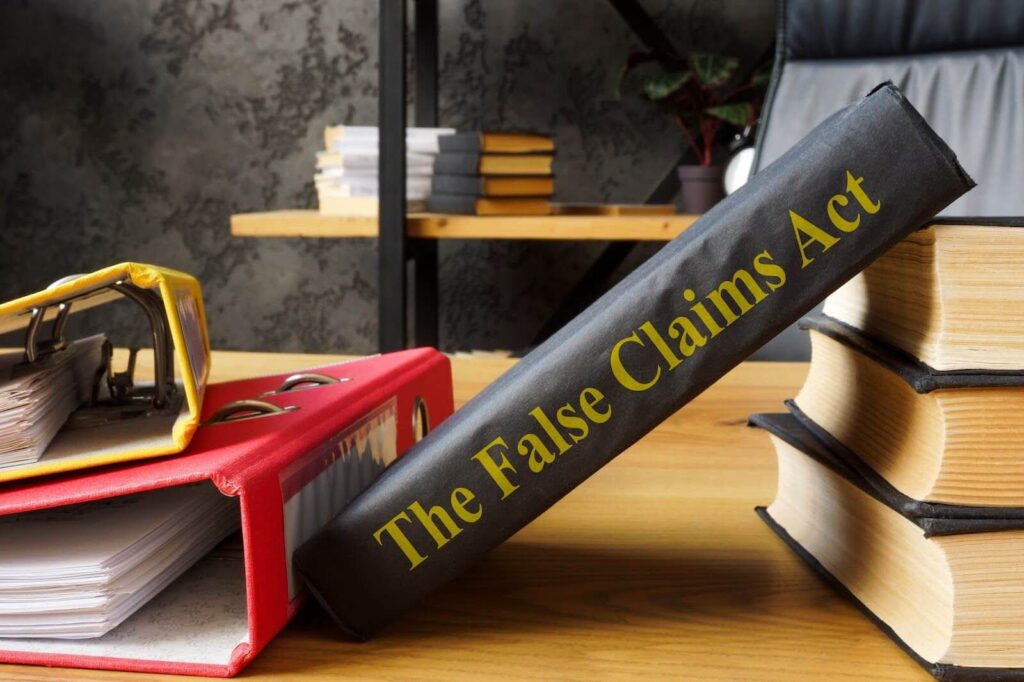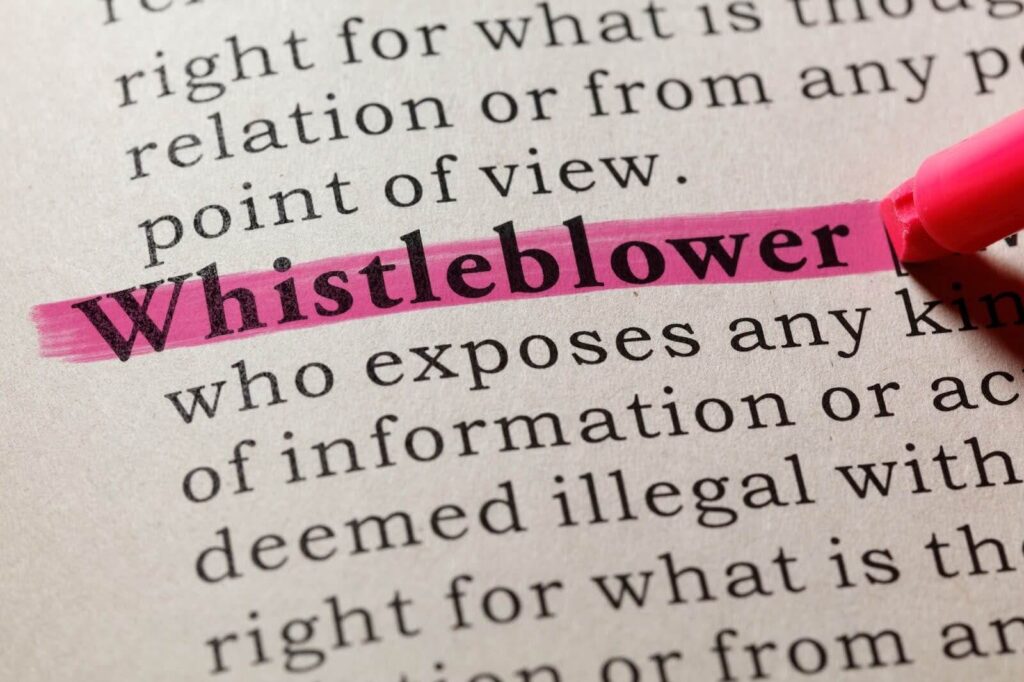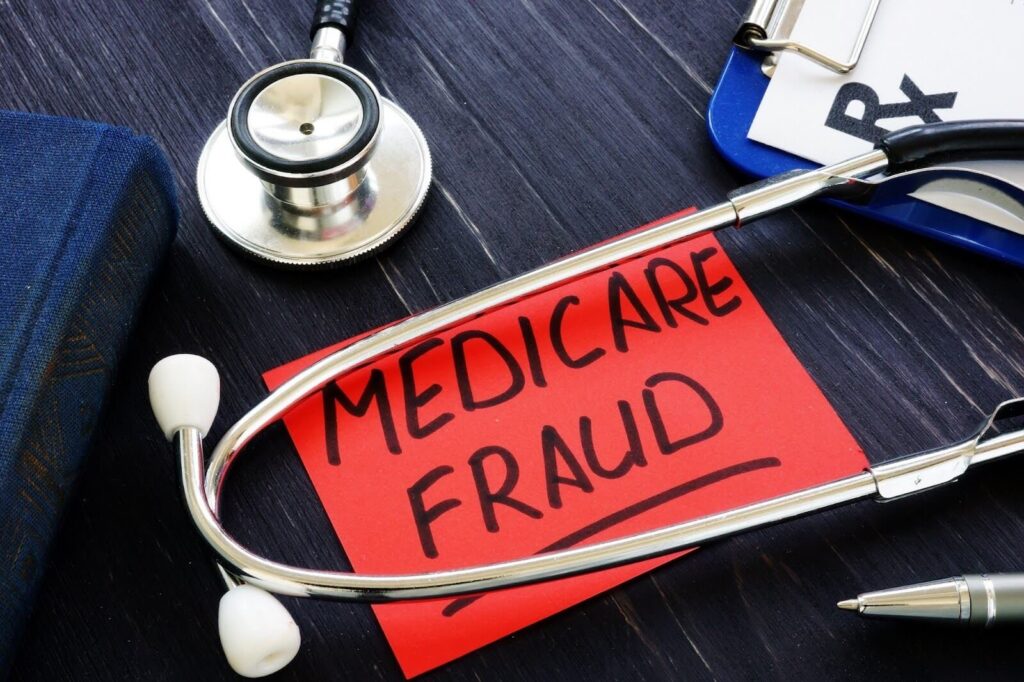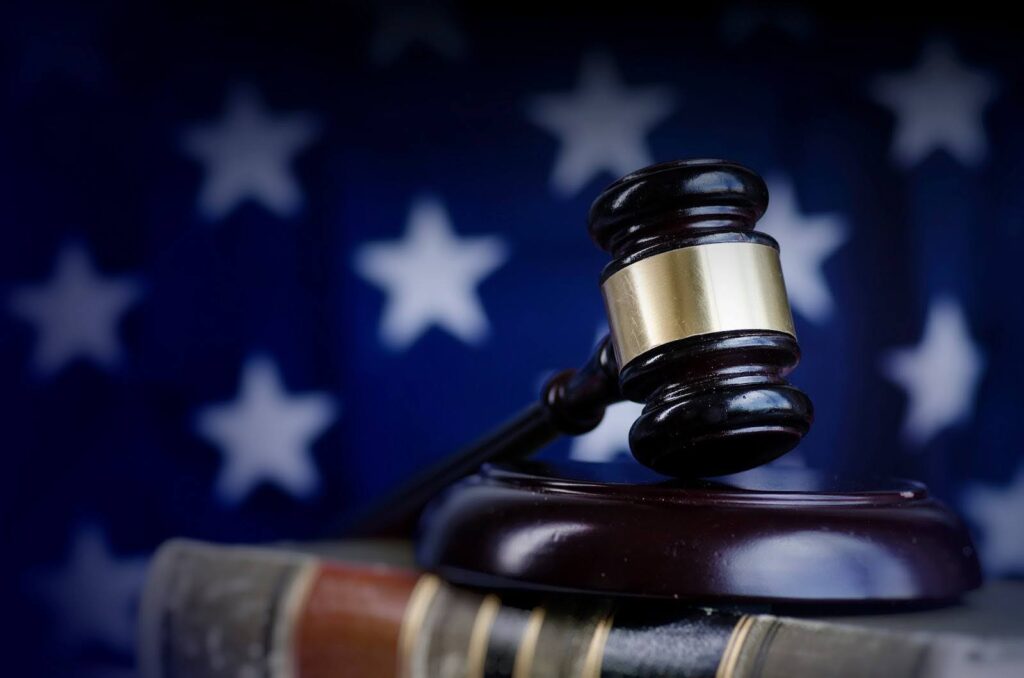So You Want to Blow the Whistle (Part 6): My Case Is On File. Now What?
This is the sixth and final entry in a six-part series on the process and practical realities of being a whistleblower and exposing fraud against the government.
So You Want to Blow the Whistle (Part 6): My Case Is On File. Now What? Read More »











